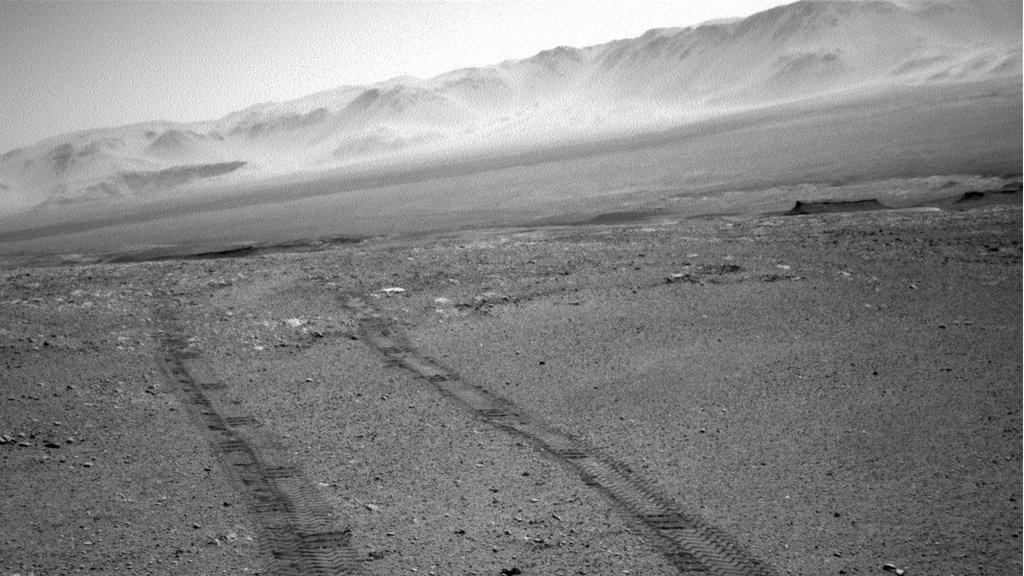Nasa responds to trust's tongue-in-cheek Mars request
- Published
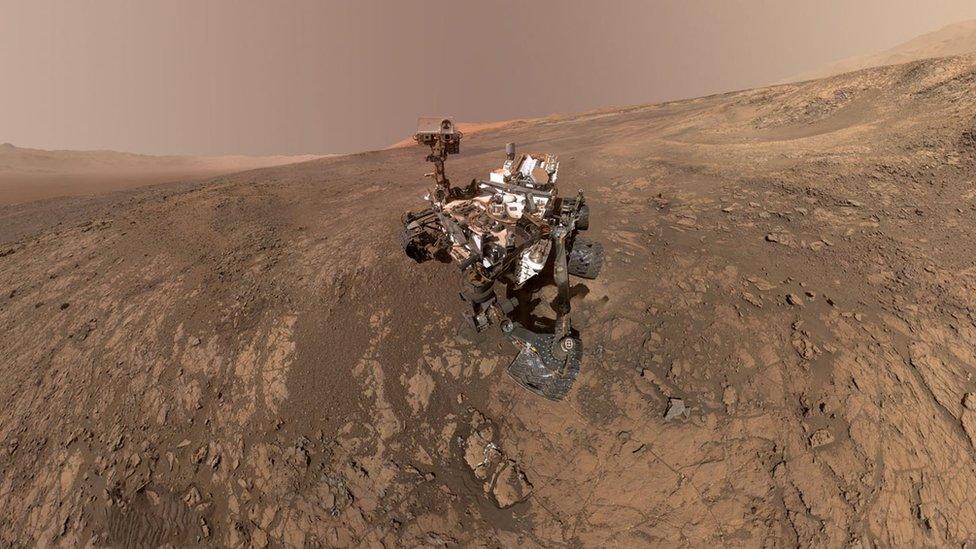
Nasa has asked that anyone trying to park on Mars avoid scuffing the paintwork on its Curiosity Rover
Nasa has responded to a cheeky request from the National Trust for Scotland (NTS) for free entry and parking for its members at some locations on Mars.
The charity posed the question in a letter to the US space agency after learning that geology on the planet had been given Scottish names.
They include places such as Torridon where NTS owns property and its members can visit for free.
In its response, Nasa said parking was free but there were some restrictions.
Space ships should be thoroughly decontaminated - and care should be taken to avoid scuffing the paintwork on the space agency's Curiosity Rover.
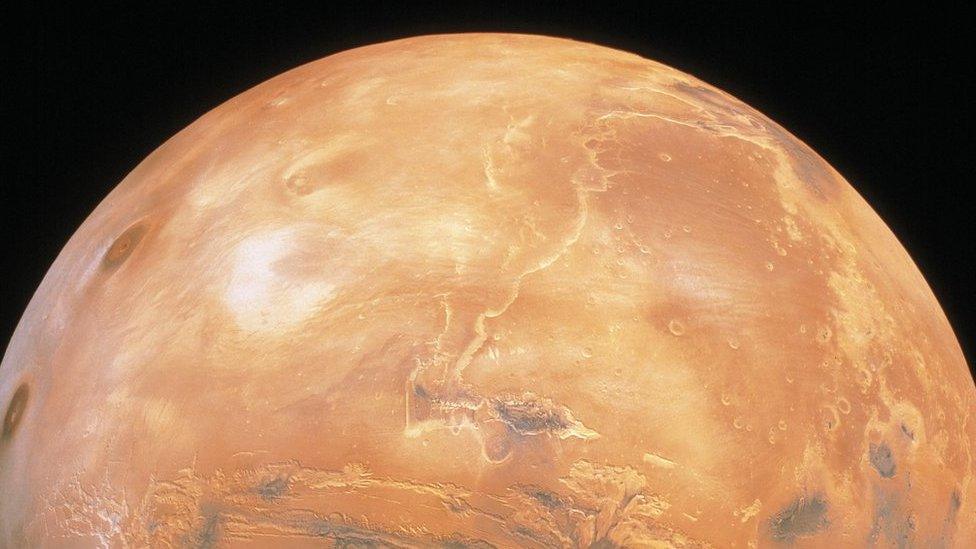
Some geology on the Red Planet have been named after places in Scotland
Some of the Scottish names on Mars were suggested by Prof Linda Kah, of the University of Tennessee in Knoxville who was involved in the exploration by the Curiosity Rover.
She was allowed to name an area of Martian geology after the remote Scottish archipelago of St Kilda because of a family connection to the islands.
The name caught the attention of NTS which helps to manage St Kilda.
'Signs of life'
In its letter to the trust, Nasa welcomed the charity's interest in Mars and its conservation work on Earth.
But it asked that any visitors make sure their spaceships, cars and police boxes - a reference to Doctor Who's Tardis - were Martian friendly.
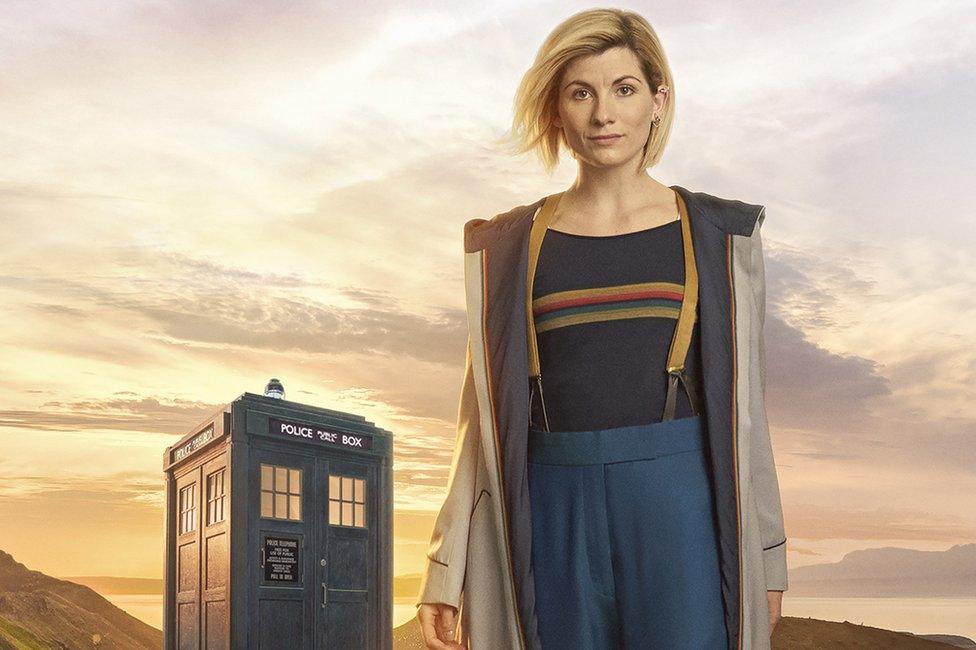
Timelords have also been asked by Nasa to take precautions when visiting Mars
Al Condes, of associate administrator for international and interagency relations at the space agency, wrote: "You will be happy to learn that St Kilda and Torridon on Mars, as well as all of outer space, have no entry fees.
"Members of your organisation may find that reaching the Torridon Quadrangle in Mars' Gale Crater is a longer trip than the boat ride to St Kilda, however."
He added: "Parking is also free of charge, but there are some restrictions.
"Mars is an unspoiled environment which may still hide signs of life, so we ask that all spaceships, cars and police boxes that attempt the landing be thoroughly decontaminated before heading to Mars."
'Mars wildlife'
Susan Bain, Western Isles area manager at NTS, said: "It's heartening to hear that Nasa has recognised the National Trust for Scotland's plans to preserve our planet, not only for the people living here, but for its astronauts returning home.
"We're also very encouraged by its obvious care for the Martian environment, which mirrors our own desire to protect Scotland's heritage in all its forms - although, we're still waiting for NASA to prove there is wildlife on Mars."
- Published22 February 2018

- Published20 February 2018
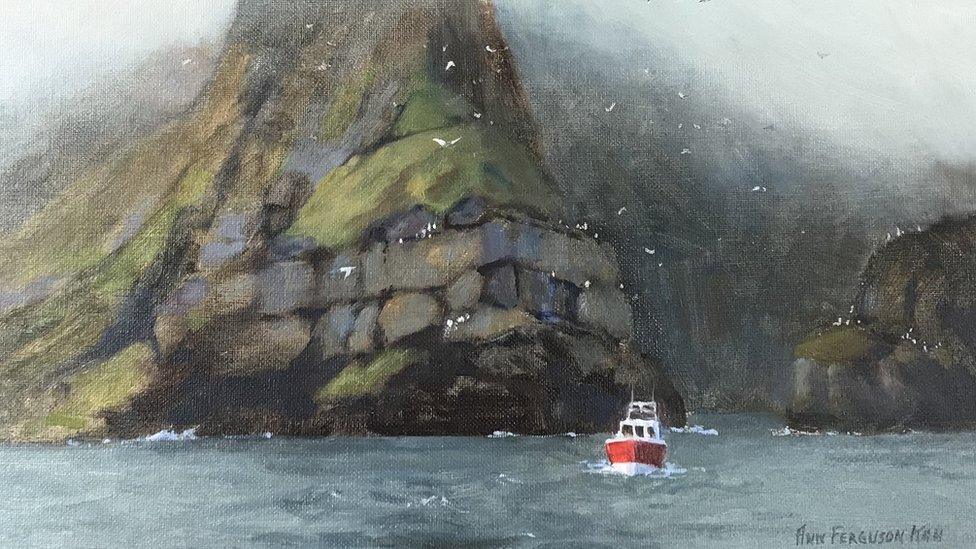
- Published9 February 2018
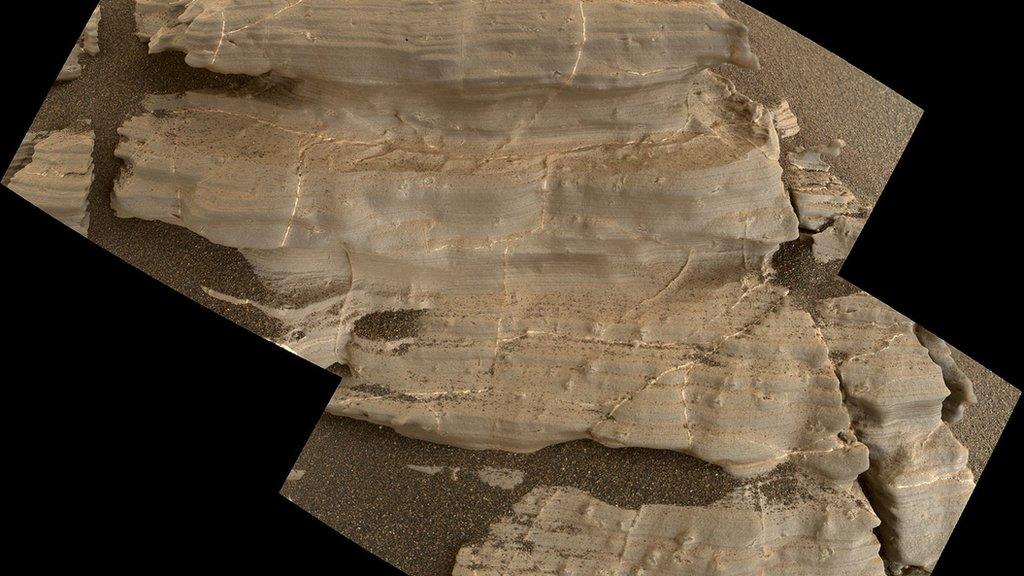
- Published11 January 2018
